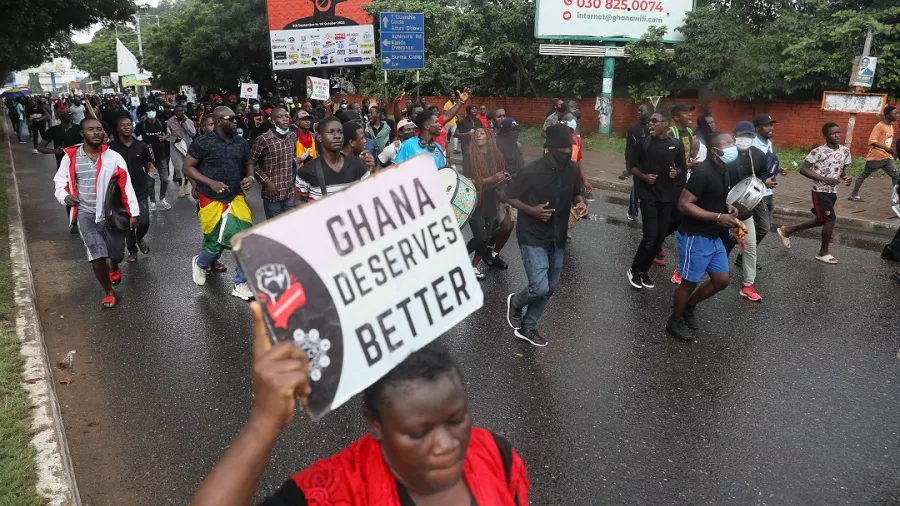Ghana prepares for pivotal elections amid debt restructuring and economic challenges

Ghanaians will head to the polls on December 7 to elect a new president and parliament in elections that could shape the nation’s economic trajectory.
The outcome is being closely watched by international investors as the country navigates the aftermath of a historic debt default.
The two leading contenders to replace outgoing President Nana Akufo-Addo, who is stepping down after two terms, are former President John Dramani Mahama and Vice President Mahamudu Bawumia.
Eleven other candidates are also in the running, according to Reuters.
Economic Reforms at Stake
The elections come as Ghana nears the conclusion of a complex $13 billion debt restructuring process.
This initiative aims to reduce the country’s debt burden by $4.7 billion and secure $4.4 billion in liquidity relief under a current $3 billion International Monetary Fund (IMF) program, set to run through 2026.
Mahama, leading in several polls, has pledged to renegotiate the IMF agreement to secure additional funding and introduce a public debt cap of 60–70% of GDP to curb excessive borrowing.
However, his previous presidency (2012–2017) faced criticism for high borrowing and economic challenges, including power shortages and soaring inflation.
Bawumia, meanwhile, is campaigning on a platform of economic modernization, emphasizing digitalization, tax reforms, and fiscal discipline.
He promises to limit public spending to 105% of the previous year’s tax revenue and shift 3% of GDP in government spending to the private sector to boost infrastructure development.
IMF Renegotiations: A Possibility?
Historically, new governments have successfully renegotiated IMF programs, as seen recently in Sri Lanka.
The IMF has signaled that its programs are adaptable, but any revisions must align with Ghana’s broader economic goals.
Addressing Broader Economic Issues
Beyond debt, the next administration faces urgent challenges, including high inflation, unemployment, and a cost-of-living crisis.
Mahama’s National Democratic Congress (NDC) plans to expand social spending on health, education, and job creation, while Bawumia’s New Patriotic Party (NPP) aims to stabilize inflation and attract private investment.
Commodities and Resource Management
Key sectors like oil, gas, and cocoa are also in focus. Oil production, which began in 2010, has declined in recent years. Mahama has pledged to increase local ownership of future oil and mining projects.
Meanwhile, Ghana’s cocoa industry, the world’s second-largest, faces significant challenges, including low farmer wages, plant diseases, and illegal mining.
The elections represent a critical juncture for Ghana as it seeks to balance economic recovery with sustainable growth.
The global community will be watching closely to see how the next administration addresses the nation’s pressing issues.
About The Author
dailymailafric
I am an avid African news observer, and an active member of Daily Mail Africa.
I’m Passionate about staying informed on diverse topics across the continent,
I actively contribute to publishing on political, economic and cultural developments in Africa.



